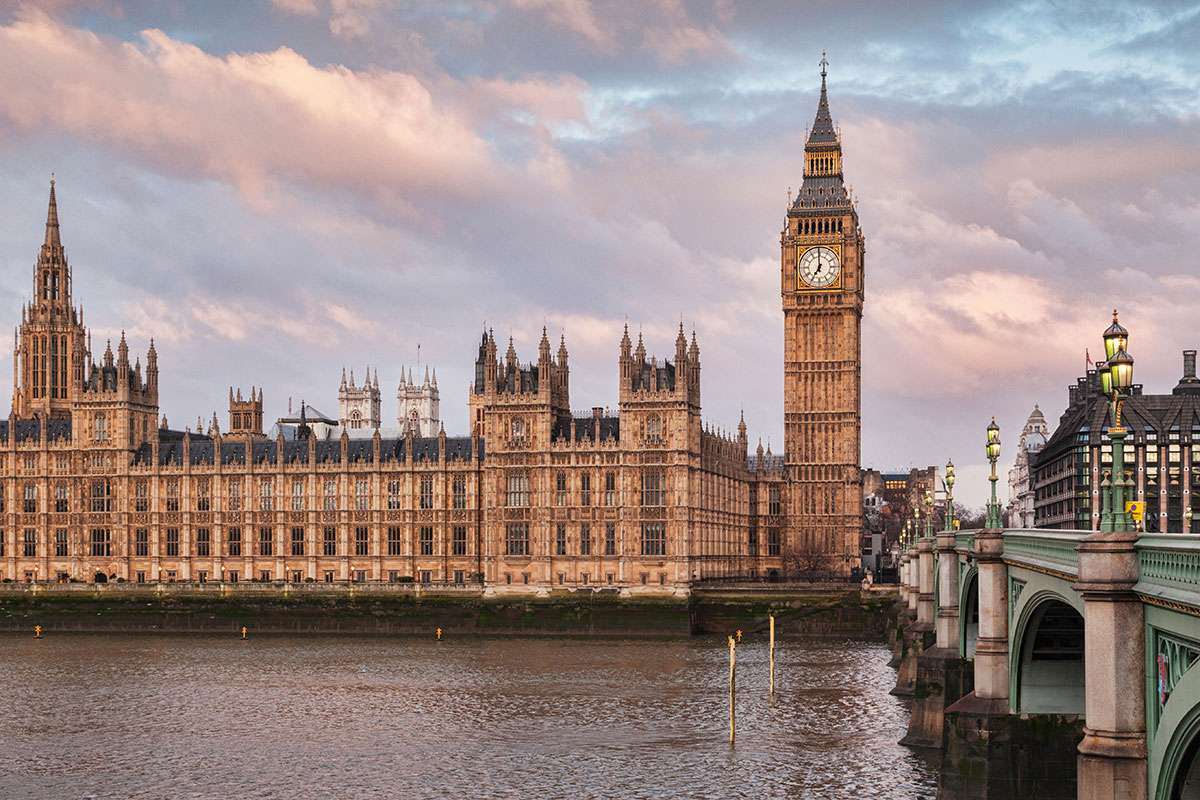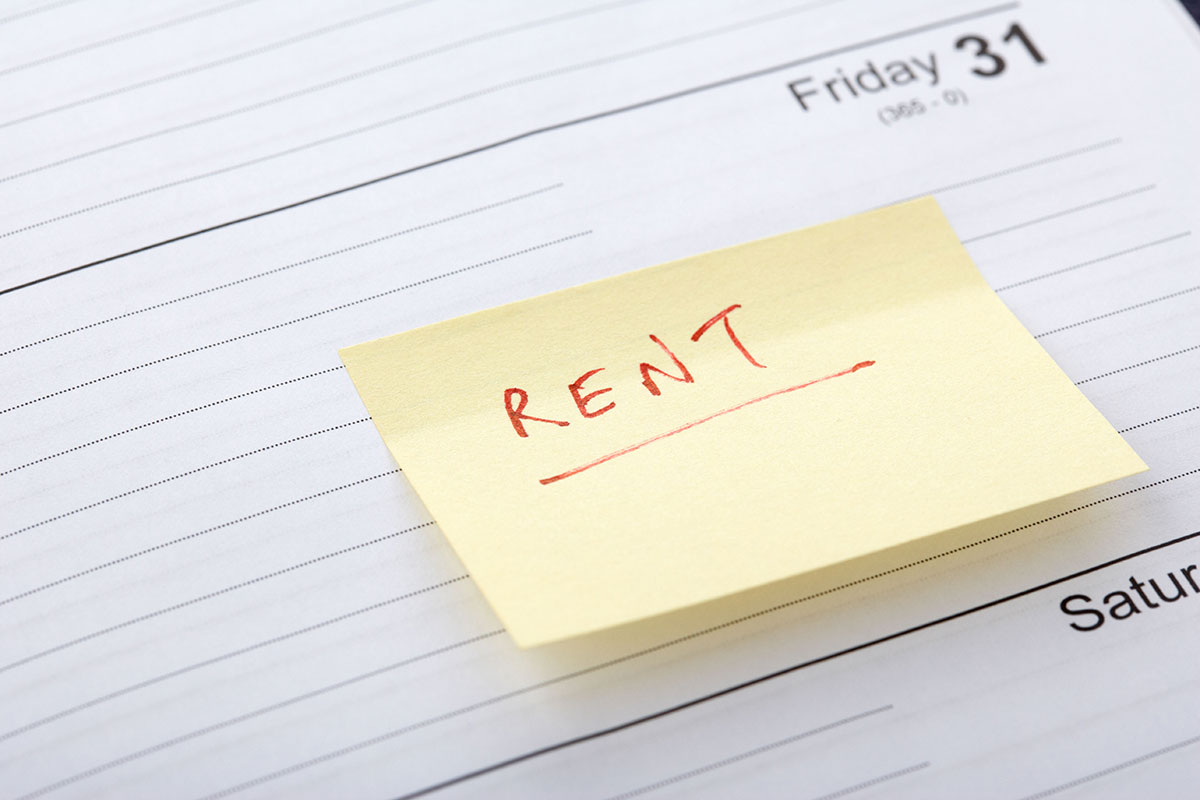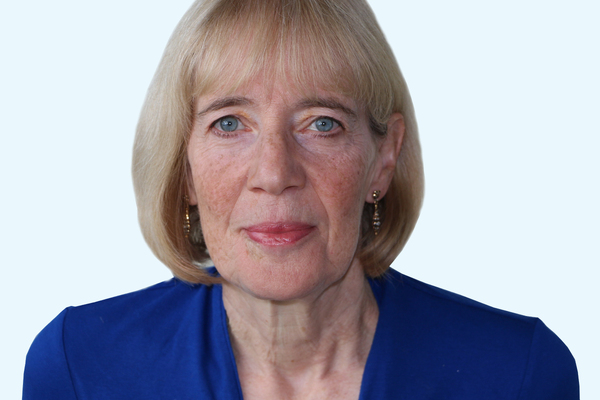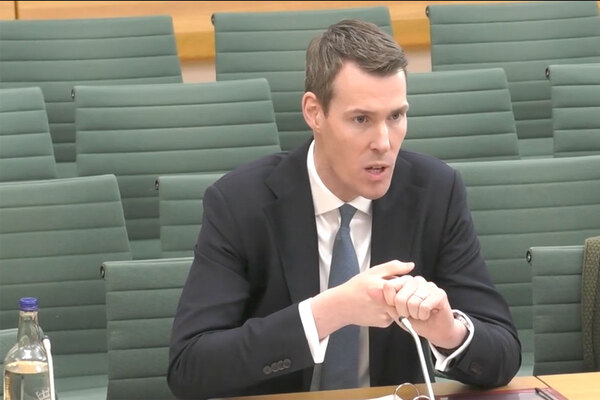Housing Ombudsman in line for extra role to help PRS tenants
The Housing Ombudsman is the government’s preferred provider to deliver the proposed redress scheme for the private rented sector (PRS), the minister for levelling up has said.

Speaking at a Public Bill Committee meeting on Tuesday during a debate on the Renters’ Reform Bill, Jacob Young said “our preferred approach at this time is for the existing Housing Ombudsman service to administer redress for both private and social tenants”.
The bill, published in May, included proposals for a new private rented sector (PRS) ombudsman.
As it stands, private landlords are able to register as members of the Housing Ombudsman scheme on a voluntary basis.
However, there is currently no legal requirement for private landlords in England to belong to an ombudsman scheme, with tenants often left to negotiate with their landlords and enforce their rights through the courts.
Exactly how the scheme for the PRS will work has not yet been published, but the bill outlined a similar service to the Housing Ombudsman, including ordering landlords to provide an apology or explanation to tenants and paying compensation.
Mr Young told the committee that the government is “committed to requiring private landlords to be members of an ombudsman”.
He said an ombudsman cannot be formally selected until after the bill has become law.
But he added: “We can show the direction of travel.
“We’ve listened to the debates and evidence to this committee, and our preferred approach at this time is for the existing Housing Ombudsman service to administer redress for both private and social tenants.”
Matthew Pennycook, Labour’s shadow housing minister, said he welcomed the government’s preferred approach.
“The Landlord and Tenant Act doesn’t differentiate between tenures and we think they (the Housing Ombudsman) are probably best placed to provide this service and do so quickly,” he said.
However, he raised concerns that the wording of the bill includes ‘redress schemes’ rather than a single ombudsman.
He said the government’s position is that multiple redress schemes should be avoided as they may “confuse consumers and may introduce uneven practices in investigation and redress”.
Mr Young said the “intention is to approve a single ombudsman scheme”.
“However, allowing for multiple schemes in legislation offers the government flexibility, should the demand for redress prove too much for a single provider to handle effectively,” he added.
Mr Pennycook said the ombudsman should be “properly resourced” and “adequately supported to do its job rather than contemplate additional redress schemes”.
In response, housing ombudsman Richard Blakeway said he welcomed the news.
He added: “The Housing Ombudsman is the only approved scheme for landlord redress and the opportunity to bring our expertise to the private rented sector would benefit millions of tenants, closing the gap between social and private tenants redress.
“One place for housing residents to come to complain means redress can be simpler, with improved accessibility, consistent decision-making and insights brought together to support landlords to manage homes.”
Mr Blakeway insisted that the service will not lose focus on social housing and remains “committed as ever to providing redress for the millions of homes the social housing sector provides”.
“We are still on track for a record number of determinations this year and are making significant orders to improve services in social housing.
“This work with the private rented sector will not stop that and will not impact our service in this area,” he stated.
Correction at 14.36 on 29/11/23: This article originally said Lee Rowley was the minister speaking, when it was Jacob Young
Sign up for our regulation and legal newsletter
Already have an account? Click here to manage your newsletters











